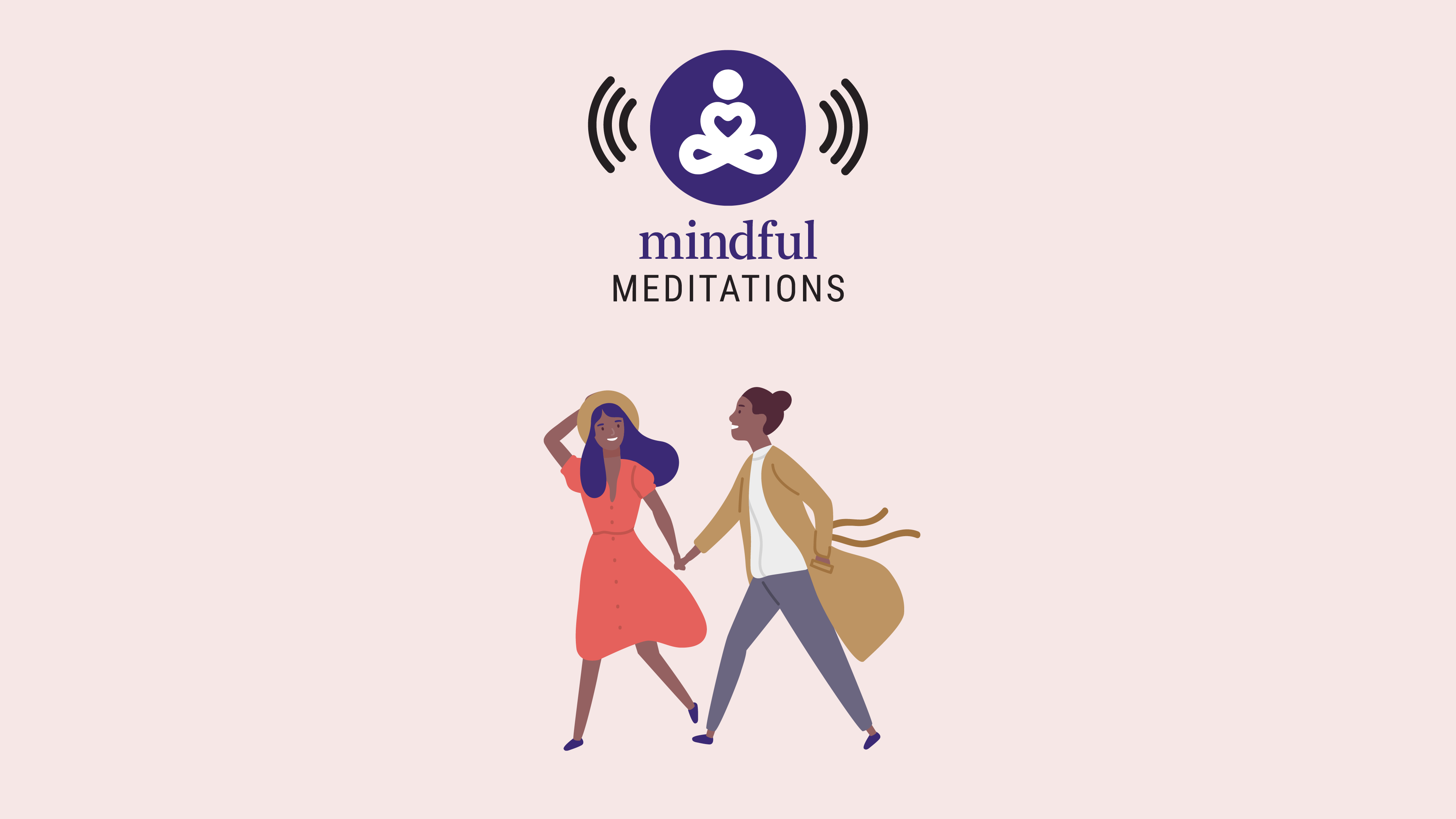So, what does care look like in the presence of difficulty? I think we can safely say that we all care, but are we caring about the right things? These are the words of Hafiz, a poet from antiquity: “My dear, is it true that your mind is sometimes like a battering ram, running all through the city, shouting so madly inside and out about the 10,000 things that do not matter?”
I think we all have moments in our lives that wake us up to what matters most. I have one: when my son Valentino was about a month old, I had to rush him to the hospital. It’s there that we learned he needed emergency surgery. It wasn’t even me running into that hospital with him—it was every parent who ever carried their sick child or sick baby. It’s easy to forget in those moments that what we’re actually doing is learning something about this human condition.
How do we train the heart to relax so we can learn about this phenomenon of being human? And how do we make it less about our individual pain, but connect instead to THE pain, and all the beings who share this condition with me? Because that’s when we’re able to allow the most caring part of ourselves to come forward.
It’s not easy, though. We have to keep an eye out for where we get stuck and bring compassion to that very place, to that VERY experience. Really loving means having to surrender a part of ourselves. The practice of compassion, then, is waking up to all the barriers we put up between ourselves and love.
Seeing where we’re hooked or locked up is important because there’s no chance of freedom if we can’t first recognize where we’re stuck. And if we can’t differentiate between an unskilful response and a skilful one, we’re sure to remain in our unconscious patterns. Tara Brach puts it this way, “Each time you meet an old emotional pattern with presence, you’re awakening to truth can deepen. There’s less identification with the self in the story and more ability to rest in the awareness that’s witnessing what’s happening. You become more able to abide in compassion, to remember and trust your true home rather than cycling repetitively through old conditioning. You are actually spiralling toward freedom.”
As we open to what’s difficult, we will also open to understanding. Last week we talked about the ability to stay with the sensations in the body and not the mind’s story about what’s happened or is happening. We can usually bear the sensations. It’s the stories that overwhelm us. It’s the story that we’re always going to feel like this; that we’ve always felt like this; that whatever is happening is the only thing happening.
With this practice we can learn how to direct awareness in a very specific way—particularly with regards to the heart’s relationship to pain. We may not be able to save the world, but we do have to find a way to respond, to hold our experience of the world. Knowing in our hearts that we are not separate from this world is an important first step. Because, as we allow ourselves to be touched, we encounter the courage of the undefended heart. And our willingness to touch, to be moved, to hang out in this realm can bring a kind of beauty to the hard stuff of life.
Nourishing an Undefended Heart
Watch the Video:
Listen to the Audio:
Nourishing and Undefended Heart
Follow the Practice:
1. Find a position that’s comfortable, steering your awareness inward. Let go of any demands you may sense in this moment; just let them fall away.
2. Check in on your heart and your belly. As you do, let’s set an intention to meet whatever arises with as much gentleness and acceptance as possible.
3. Bring to mind someone you’re familiar with. Let’s make it a person we see regularly, perhaps at the grocery store or in our neighborhood. What we’re doing is expanding our circle of care out to those we feel neutral about (so no big feelings either way). Picture them in your mind, knowing that they, too, have their own difficulties. They too know pain, struggle.
4. Now let’s offer them the same care that we wished for ourselves last week. I care about your difficulties. May you be held in compassion. May your heart be at peace.
5. Bring to mind all the different people you regularly cross paths with. Offer them the same phrases we offered ourselves: I care about your difficulties. May you be held in compassion. May your heart be at peace.
6. As we close this practice, notice if there are any ways in which you’re judging yourself. Are you telling yourself that you’re not doing this well enough, or expecting something else to happen? No need for judgment here. We all just get to set our intention and care about what arises.
Over the course of the next week, allow yourself to see where compassion naturally arises and where it may need a little bit of help to flourish.



